Car engines need to breathe clean air just like humans. When you sprint, you need fresh air to fuel your engine, and so does your car. But instead of fresh air, it often has to breathe in dusty air from the road. That is why the engine air filter is so important.
This small part is responsible for keeping dust, dirt and tiny debris before air is brought into the combustion chamber. Thanks to that, the engine always runs smoothly, saves fuel and avoids premature wear. However, if you forget to change the air filter periodically, the consequences will not come immediately but will definitely come.
.jpg)
Imagine wearing the same mask for several months, the longer it lasts, the dirtier it gets, the harder it is to breathe, and the more harmful it is to your health. The same goes for the engine, a dirty air filter will make the car sluggish, consume more fuel, and in the long run, can damage the entire engine system, leading to expensive repairs.
What happens when you let your engine air filter turn into a “dust magnet”?
The engine air filter is not a “forever” device. Over time, it will gradually become clogged with dirt, insects and countless tiny debris from the environment. As this layer of dust thickens, the airflow to the engine will be choked, making the car “hard to breathe” like you have a stuffy nose for a long time.
Your car may not complain, but you can definitely tell that something is wrong. The first and most obvious sign is a noticeable loss of performance, with the car feeling sluggish, accelerating poorly, and the engine losing power when you step on the gas.
The reason is that when the air filter is clogged, the amount of oxygen taken in is not enough to maintain the optimal fuel combustion process. The engine is forced to compensate by increasing the amount of fuel injected, but this causes the air-fuel ratio to become unbalanced. The result is reduced power, the car consumes more fuel and you have to visit the fuel station more often, which means a daily drain on your wallet.
In addition, incomplete combustion due to lack of oxygen also causes the spark plug to be covered with carbon, poor ignition, and even difficult to start. Weak spark plugs mean the engine cannot operate stably, affecting acceleration and fuel consumption.
When should you change your engine air filter?
Of all the car maintenance items, changing the engine air filter is probably the simplest but most easily forgotten. Typically, this filter should be changed every 12,000 to 15,000 miles or about a year, whichever comes first. Some car manufacturers even recommend changing it at 30,000 to 35,000 miles. However, this is just a reference number.
In fact, you need to adjust your air filter replacement schedule to suit your environment and driving habits. For example, if you live in a dusty area, frequently drive on dirt roads, construction sites, or simply have to travel in a crowded inner city with frequent stop-and-go traffic, the air filter will get dirty faster and need to be replaced sooner than recommended.
In addition to regular replacements, you should also check your air filter regularly. Even if the car has not run enough miles, dirt, leaves, or even debris can accumulate and obstruct the air flow. When checking, pay attention to the condition of the filter, if it is too dirty, discolored, or shows signs of clogging, do not hesitate to replace it.
Another important thing to note is to avoid dirty oil from getting on the air filter. During maintenance, engine oil can spill out without you noticing, and if it gets on the air filter, it will reduce the ability to filter dust, even attract more dirt. This inadvertently turns the air filter into a "dust nest" that can potentially damage the engine.
In short, changing the engine air filter at the right time and in the right way is a small step but helps your car run powerfully, save fuel and prolong engine life./.
Source: https://baonghean.vn/dieu-gi-xay-ra-neu-ban-quen-thay-loc-gio-cua-dong-co-o-to-10303814.html




![[Photo] Prime Minister Pham Minh Chinh receives President of Cuba's Latin American News Agency](/_next/image?url=https%3A%2F%2Fvphoto.vietnam.vn%2Fthumb%2F1200x675%2Fvietnam%2Fresource%2FIMAGE%2F2025%2F12%2F01%2F1764569497815_dsc-2890-jpg.webp&w=3840&q=75)





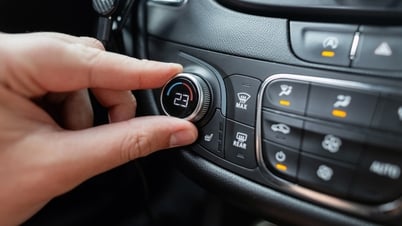
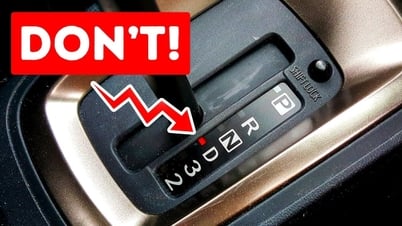


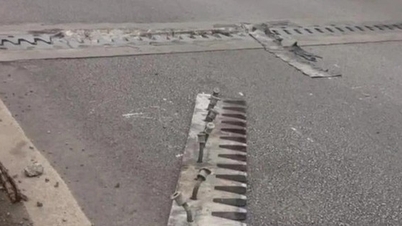



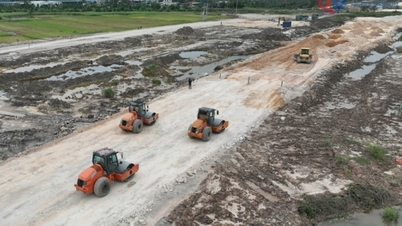







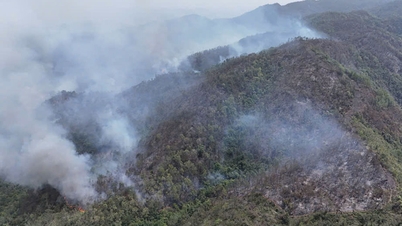










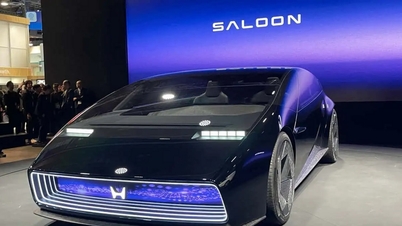





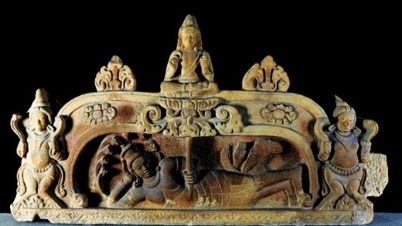

















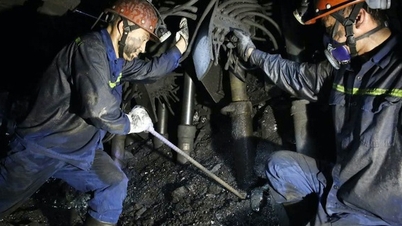




















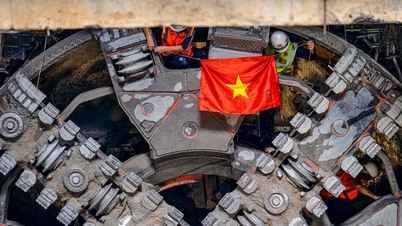
































Comment (0)